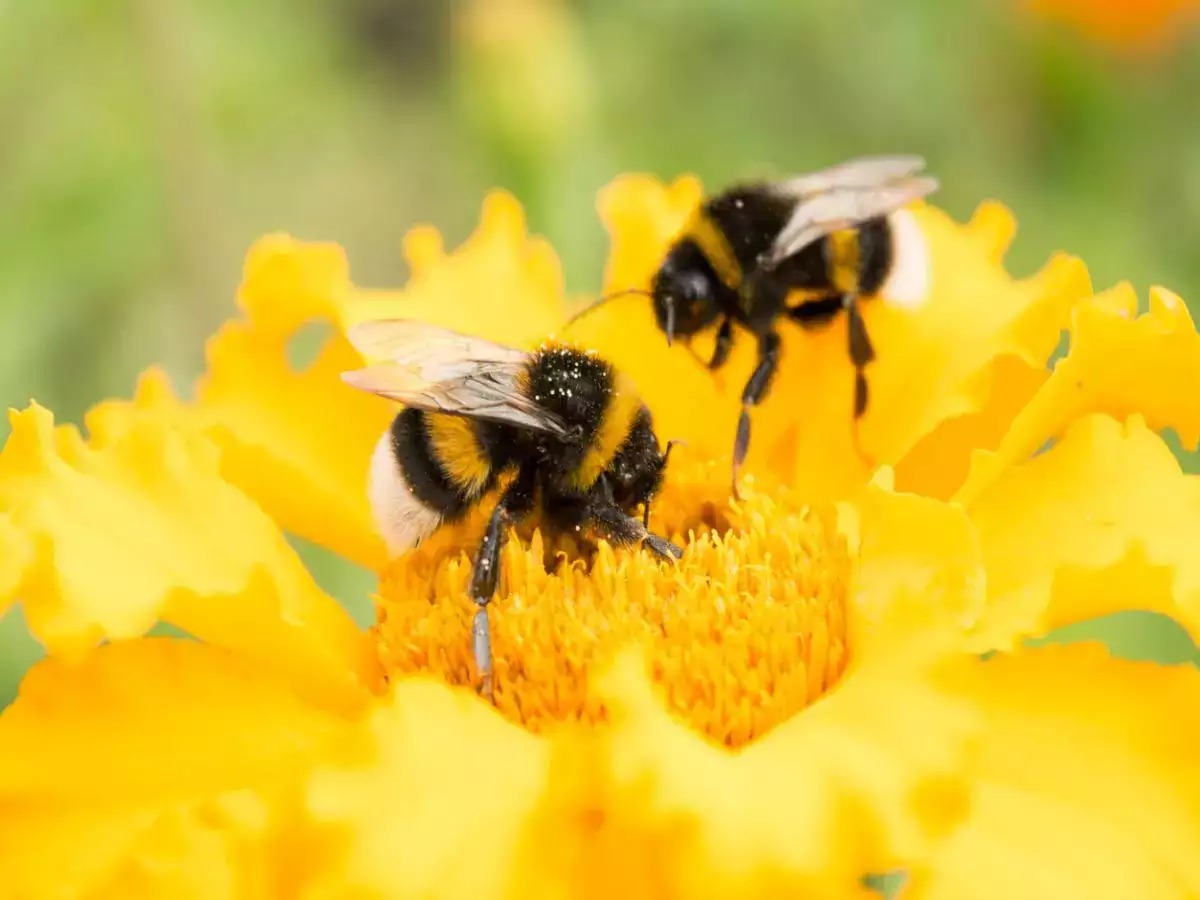Lalbagh Unveils Innovative ‘Insect Cafe’ in Collaboration with Vibhinna India Foundation
Bengaluru’s Lalbagh Botanical Garden has recently introduced a groundbreaking initiative within its verdant confines – an “Insect Cafe.” This unique project, in partnership with the Vibhinna India Foundation as part of their corporate social responsibility (CSR) efforts, aims to provide a safe haven and breeding grounds for insects whose natural habitats have been threatened by urbanization and the spread of concrete jungles.
The ‘Insect Cafe’ is a beautifully designed haven for these tiny creatures, constructed primarily from wooden frameworks. The cafe has been thoughtfully divided into multiple sections to accommodate the diverse insect biodiversity found within Lalbagh. Each section is carefully equipped with small and medium pieces of dry grass, wood, various types of plant sticks, and other materials to create an ideal environment for insects.
This remarkable cafe is designed to cater to various insect species, including those that burrow into dry wood or prefer residing beneath the earth by excavating holes in the ground. Notably, Lalbagh is home to a significant number of insect species, including bumblebees and carpenter bees. While honey-producing bees are relatively rare, solitary bees, numbering in the thousands, tend to drill holes into tree trunks to establish their homes.
The Director of the Horticulture Department, DS Ramesh, has revealed plans to introduce approximately ten more insect cafes in various locations, including Lalbagh, Nandi Hills, Cubbon Park, Krishnarajendra Giridhama, and Kemmanagundi. This initiative, in collaboration with the Forest Department, aims to extend the concept to various forested areas while also raising public awareness about insect cafes and encouraging people to create similar habitats in their own backyards.
M Jagadeesh, the Joint Director of Parks and Gardens at the Horticulture Department, emphasized the vital role insects play in pollination and ecosystem functions. He stressed the urgency of safeguarding native species, comparing the decline of native species to the extinction of dinosaurs. He highlighted the importance of conserving native plants and insects and emphasized that the introduction of insect cafes is a crucial step toward protecting and nurturing these indispensable species.






